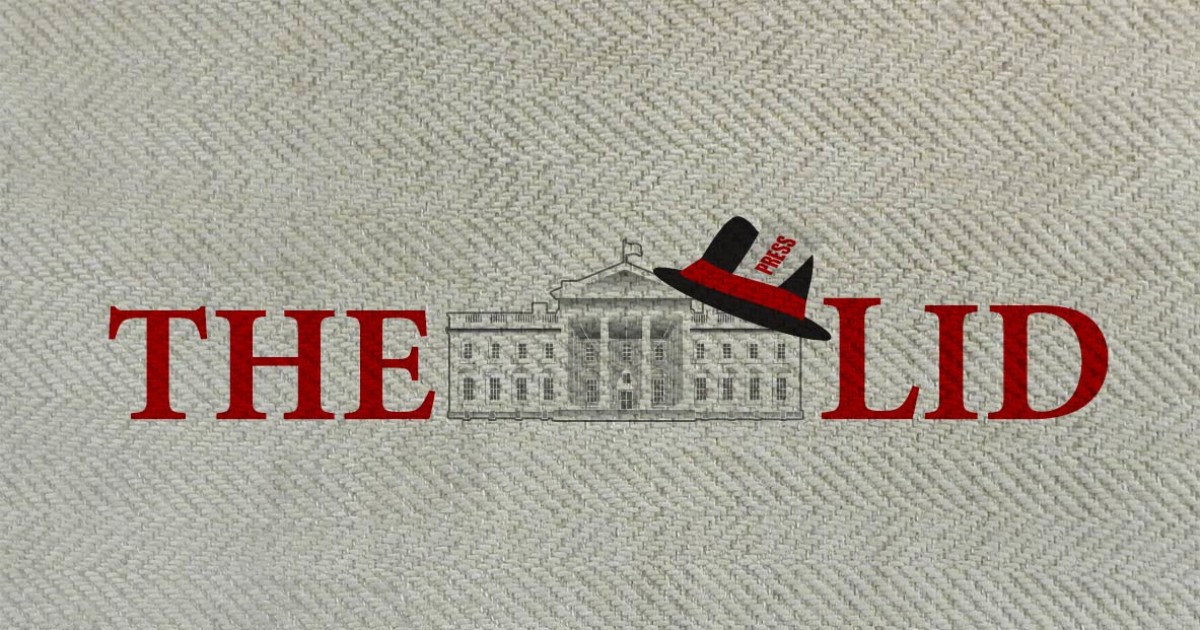On Mother’s Day, The New York Times Magazine will publish a 10,000 word profile of Obama’s foreign policy adviser, Ben Rhodes.The piece contains many startling revelationsincluding, how Rhodes:
- plays the ventriloquist to the puppet mainstream media reporters (including Jeff Goldberg),
- led the administration’s efforts to misrepresent the truth in order “to sell” the “Iran deal,”
- characterizes Hillary Clinton’s lack of involvement in foreign policy, as well as
- Leon Panetta’s lack of involvement and mistrust of Obama’s intentions.
These four diverse revelations are too important to be able to adequately cover in one post. Therefore, I will address them in tw0-three different posts–beginning with Rhodes explaining how he controls what comes out of the media’s mouths.
Claims that some in the press are “in bed with the Obama Administration,” are usually scoffed at by the mainstream media and progressive Democratic colleagues. That is no longer possible, because in this piece, Rhodes repeatedly explains how he “ventriloquizes” the media, and he is happy about this “accomplishment.”
On the day Obama was to deliver his 2016 State of The Union Address, Iran captured and briefly held, U.S. Navy sailors. Rhodes told the Times how he managed the story by exploiting his “well-cultivated network of officials, talking heads, columnists and newspaper reporters.” The Times reports:
Rhodes quickly does the political math on the breaking Iran story. “Now they’ll show scary pictures of people praying to the supreme leader,” he predicts, looking at the screen. Three beats more, and his brain has spun a story line to stanch the bleeding. He turns to Price [his deputy], “We’re resolving this, because we have relationships,” he says.
Price turns to his computer and begins tapping away at the administration’s well-cultivated network of officials, talking heads, columnists and newspaper reporters, web jockeys and outside advocates who can tweet at critics and tweak their stories backed up by quotations from “senior White House officials” and “spokespeople.” I watch the message bounce from Rhodes’s brain to Price’s keyboard to the three big briefing podiums — the White House, the State Department and the Pentagon — and across the Twitterverse, where it springs to life in dozens of insta-stories, which over the next five hours don formal dress for mainstream outlets. It’s a tutorial in the making of a digital news microclimate — a storm that is easy to mistake these days for a fact of nature, but whose author is sitting next to me right now.
(…) The narratives he frames, the voices of senior officials, the columnists and reporters whose work he skillfully shapes and ventriloquizes, and even the president’s own speeches and talking points, are the only dots of color in a much larger vision about who Americans are and where we are going that Rhodes and the president have been formulating together over the past seven years
Rhodes is not bragging about being a master of political spin, he is bragging about being a ventriloquist for the media. What he writes comes out of the mouths of “the columnists and reporters.”
When it comes to the press, Obama’s adviser seems to be the equivalent of the nasty tweeter who uses a pseudonym. Not only does he seem to be a bully, but also while reporters who write about the stories he plants know he’s their source, the public who read the stories have no idea.
It has been rare to find Ben Rhodes’s name in news stories about the large events of the past seven years, unless you are looking for the quotation from an unnamed senior official in Paragraph 9. He is invisible because he is not an egotist, and because he is devoted to the president. But once you are attuned to the distinctive qualities of Rhodes’s voice — which is often laced with aggressive contempt for anyone or anything that stands in the president’s way — you can hear him everywhere.
An example of this may be Jeffrey Goldberg of the Atlantic. In talking about selling the Iran deal Rhodes confirmed the perception that Goldberg is an Obama tool:
“For those in need of more traditional-seeming forms of validation, handpicked Beltway insiders like Jeffrey Goldberg of The Atlantic and Laura Rozen of Al-Monitor helped retail the administration’s narrative.”
That section of the article lends credence to the rumors that it was Rhodes who planted the famous “chickenshit” comment with Goldberg:
“The thing about Bibi is, he’s a chickenshit,” this official said, referring to the Israeli prime minister, Benjamin Netanyahu, by his nickname”
In the end none of this is Rhode’s fault, he is just doing his job. It’s the fault of the mainstream media unable to find a economical way to cover international news effectively, a lack of independent investigative reporting, and an absence of healthy skepticism in reporting, a key tenet of the profession of journalism. This lack of skepticism drives reporters to automatically accept as fact the “scoops” published by administration tools named by Rhodes such as Jeffrey Goldberg, Laura Rozen, and others, that were actually written by Rhodes.
“All these newspapers used to have foreign bureaus,” he said. “Now they don’t. They call us to explain to them what’s happening in Moscow and Cairo. Most of the outlets are reporting on world events from Washington. The average reporter we talk to is 27 years old, and their only reporting experience consists of being around political campaigns. That’s a sea change. They literally know nothing.”
In this environment, Rhodes has become adept at ventriloquizing many people at once. Ned Price, Rhodes’s assistant, gave me a primer on how it’s done. The easiest way for the White House to shape the news, he explained, is from the briefing podiums, each of which has its own dedicated press corps. “But then there are sort of these force multipliers,” he said, adding, “We have our compadres, I will reach out to a couple people, and you know I wouldn’t want to name them — ”
Goldberg and Rozen were directly named, but as for the others followers of foreign policy news can probably figure those names out by yourself. For example when George Jahn of the Associated Press reported about the secret deal made with Iran to allow it to do their own inspections of the Parchin nuclear plant, Reuters “reporters” John Irish and Louis Charbonneau published an “exclusive” report that got much mainstream media play because it indicated the AP story was false.
The Reuters story claimed the UN inspectors would be at the plant when the inspections were being made. A week later the same two reporters wrote another story that included this phrase buried in the 14th paragraph:
“The diplomats, who have knowledge of the deal, said that while the IAEA inspectors will not be next to the Iranian technicians when they take samples, they will be at Parchin overseeing the process.
This is an example of a typical Rhodes planted story. To combat true AP story, the two Reuters reporters regurgitated the true information that Rhodes told them, the UN inspectors would be at Parchin during the Iranian self inspections. What they didn’t learn until a week later was that the inspectors would not be allowed to be present where the Iranians were taking the samples. In other words, the AP was correct.
To truly understand what is going on in the Obama Adminstration, the consumers of the news must have the healthy skepticism some reporters don’t have. Learn the names of the reporters who publish what seems to be independent reporting, such as George Jahn of the AP, Jake Tapper of CNN, the AP’s Matt Lee, and others. At the same time learn the names of the reporters who seem ventriloquist dummies for this (or any other) adminstration like John Irish and Louis Charbonneau of Reuters, and the two outed by Ben Rhodes: Jeffrey Goldberg and Laura Rozen.
(More to come)






